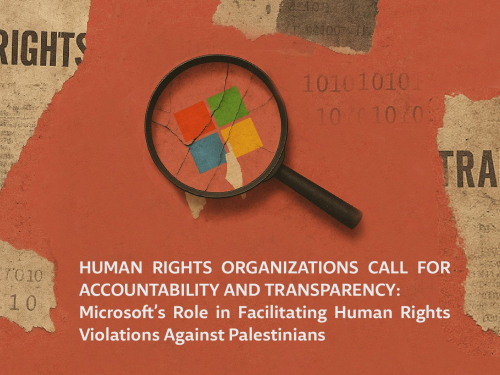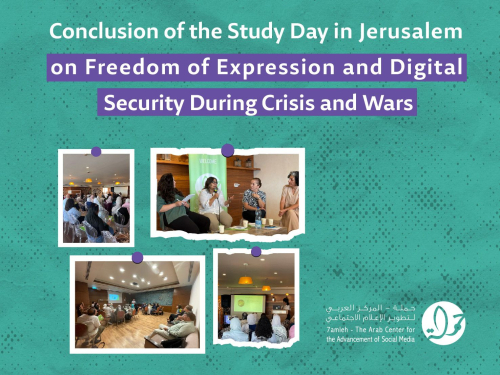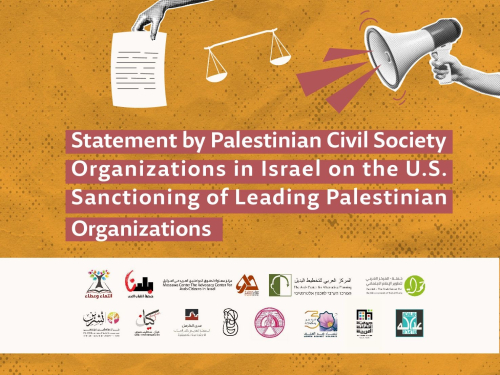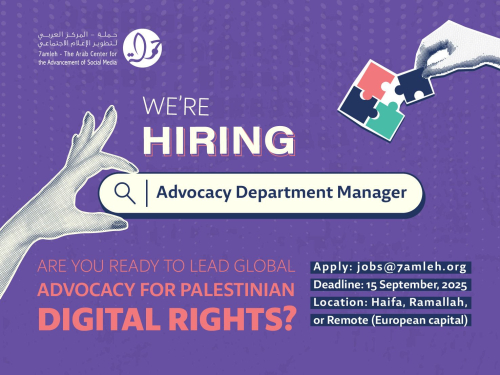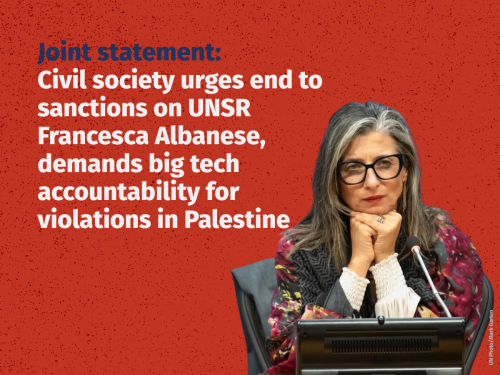Mapping Access to Digital Platforms in Palestine
Terms of Reference and Scope of Services
Background to the Project
As a complement to the ongoing study on The Impact of Gaza Blockade and Destruction of Telecommunications Infrastructure on the Digital Economy, this additional research will focus specifically on mapping Palestinians’ access to digital platforms across different geographies: Gaza, the West Bank, and Israel.
Digital exclusion is a structural outcome of Israeli restrictions, compounded by war, blockade, and discriminatory global tech policies. Palestinian freelancers, entrepreneurs, and online workers face significant barriers to participation in the global digital economy due to restricted access to payment services, e-commerce platforms, and online work opportunities. Documenting these barriers is critical for evidence-based advocacy to challenge digital discrimination and push for equitable access.
Objective
To systematically map and test Palestinians’ access to key digital platforms in three categories: 1) digital payment services, 2) online commerce platforms, 3) and remote work platforms, and to assess the geographic disparities in access.
Research Questions
-
Which 10 major digital payment platforms (such as PayPal, Payoneer, Wise, Stripe, Revolut) are accessible to Palestinians in Gaza, the West Bank, and Israeli citizens?
-
Which 10 major e-commerce platforms (such as Amazon, eBay, Shopify, Etsy, Alibaba) can Palestinians register for, trade on, or receive services from?
-
Which 10 major online work and freelancing platforms (such as UpWork, Fiverr, Deel, RemotePass, Freelancer.com) are accessible?
-
Are there differences in accessibility between Palestinians in Gaza, the West Bank, and Israel?
-
How do platform restrictions intersect with Israeli control over ICT infrastructure and financial channels, and what are the economic consequences?
-
What alternative platforms, workarounds, or informal practices are used to overcome digital exclusion?
Methodology
-
Platform Testing: Conduct hands-on testing of 10 platforms per category (payment, e-commerce, online work), attempting registration, account creation, and basic functionality from each of the three geographies.
-
Desk Research: Review platform policies, terms of service, and any relevant sanctions or compliance frameworks affecting Palestinian access.
-
Key Informant Interviews (10): Speak with freelancers, entrepreneurs, digital economy actors, and ICT experts in Gaza, the West Bank, and Israel to document lived experiences.
-
Comparative Analysis: Contrast findings across the three geographies and situate within the wider framework of digital rights and economic justice.
Expected Output
A concise policy paper (2,500–3,500 words) providing:
-
An overview of access restrictions to digital platforms in Palestine.
-
A mapping table by category and geography.
-
Case examples of how Palestinians navigate or are excluded from global platforms.
-
Targeted recommendations for digital platforms, policymakers, and regulators to ensure equitable access.
Timeline (aligned with main project, but shorter duration)
Start work - October 6, 2025
First Draft Submission - 28 November, 2025
Deliverable
-
A short policy paper (2,500–3,500 words) with mapping results, analysis, and recommendations.
-
Annex: platform testing tables/screenshots, where feasible.
Submission of Proposals
Interested researchers or research teams are invited to submit a price offer/proposal, including a brief background, relevant samples of previous work, and a CV or organizational profile.
Please send your proposal to Jobs@7amleh.org, citing “Gaza Digital Economy ToR” in the subject line.
Related Articles
Subscribe to Our Email Alerts
And stay updated with our latest activities, news, and publications!

